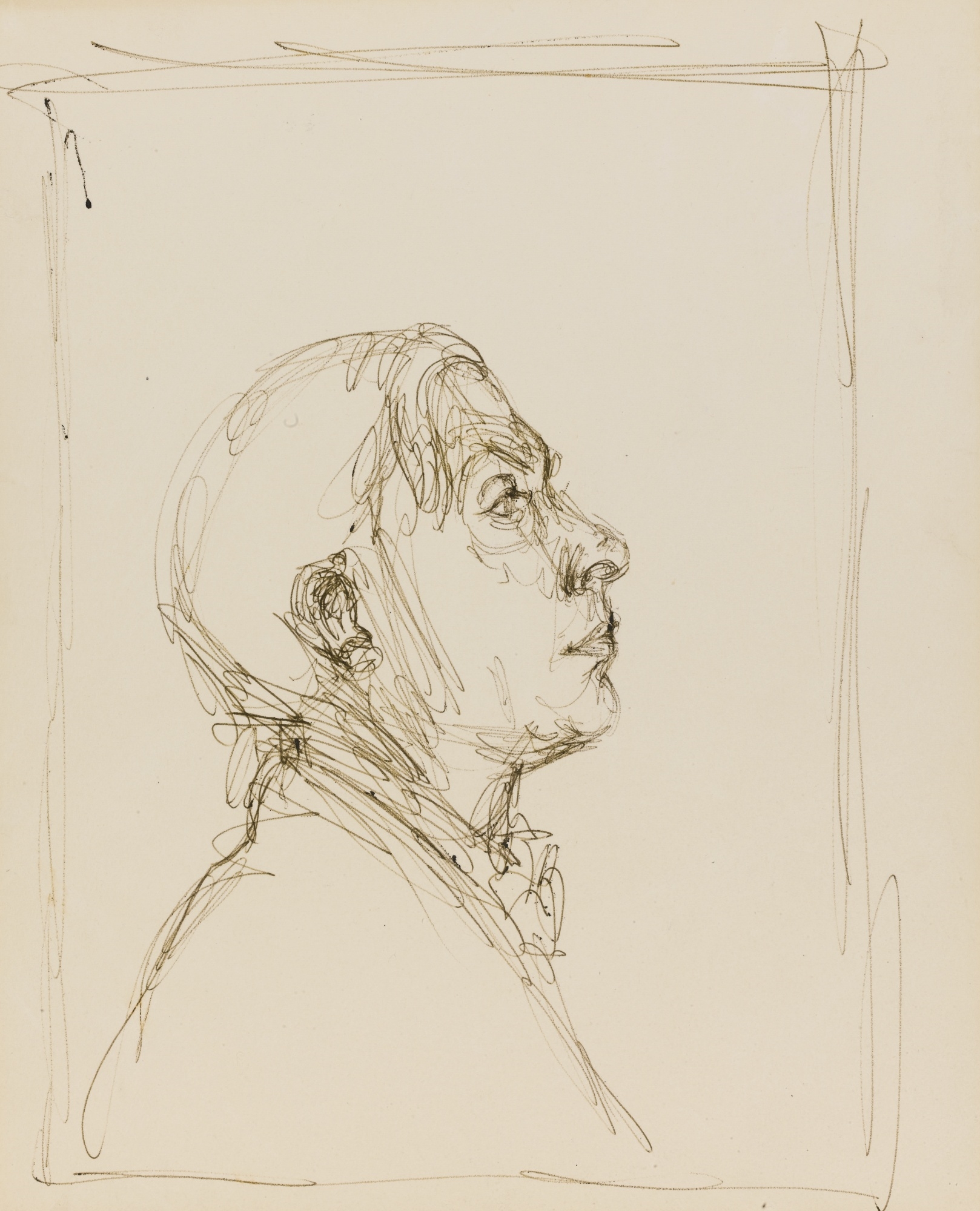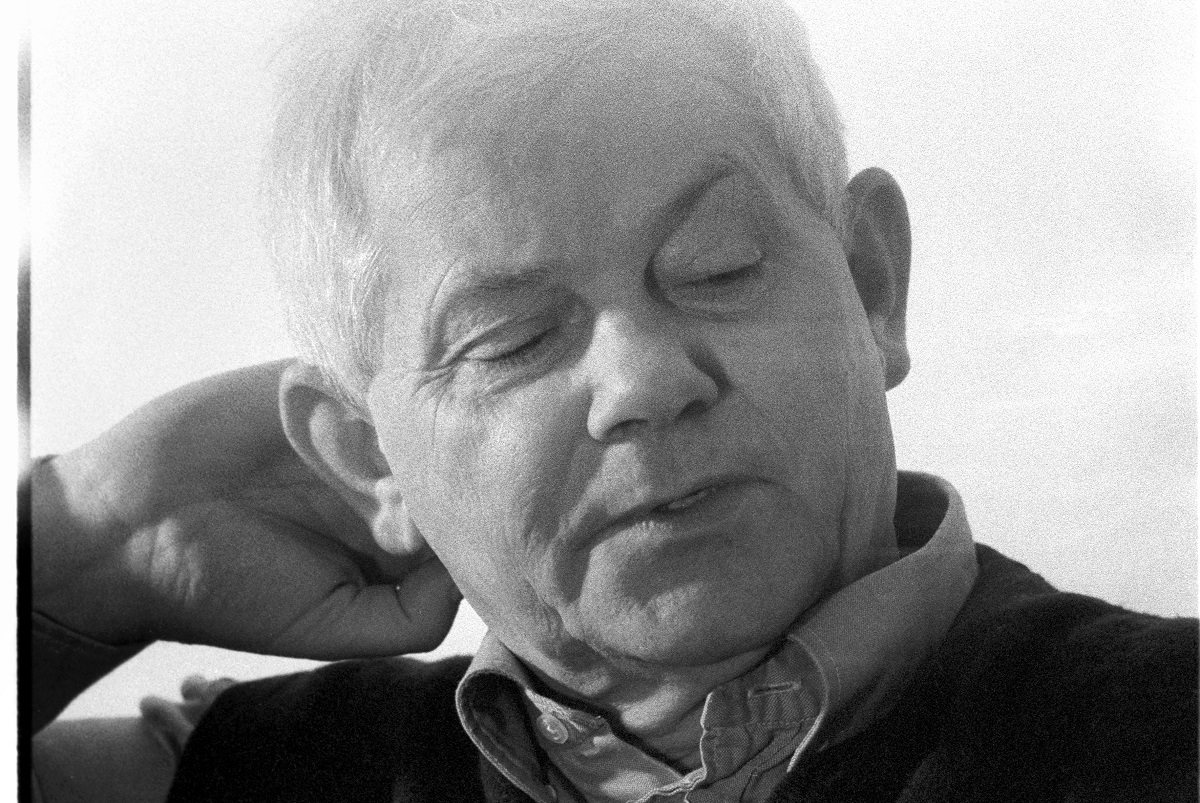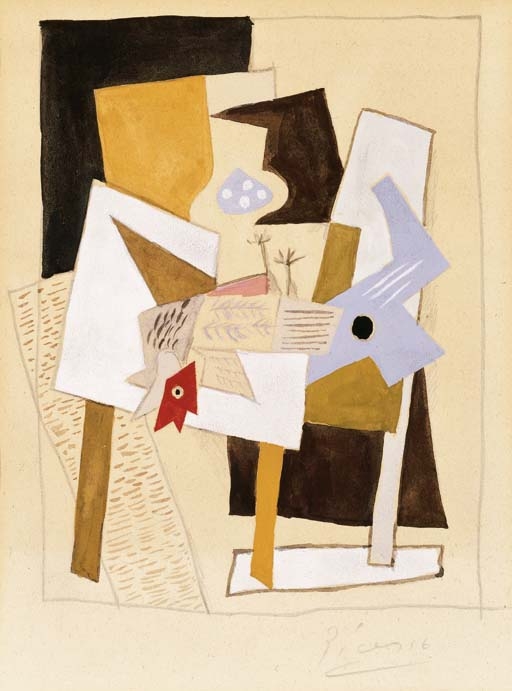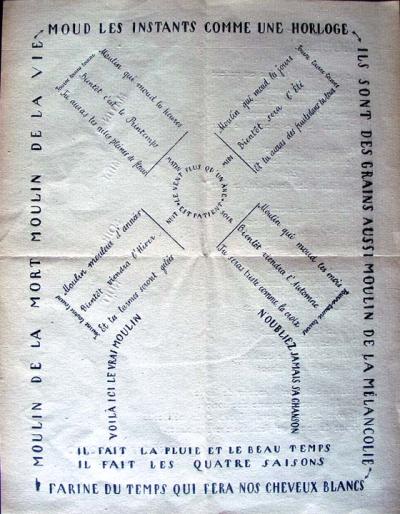
portrait by Alberto Giacometti (1962)
the taste of reality
He took one step at a time, not knowing where he should place the next. Turning the corner, the wind swept up the dust and its greedy mouth engulfed all of space.
He began to run, hoping to take flight from one moment to the next, but along the gutter the cobblestones were slippery and his flailing arms couldn’t hold him. As he fell he understood that he was heavier than his dream and he loved, then, the weight that brought him down.
(Translated by Michael Tweed)







